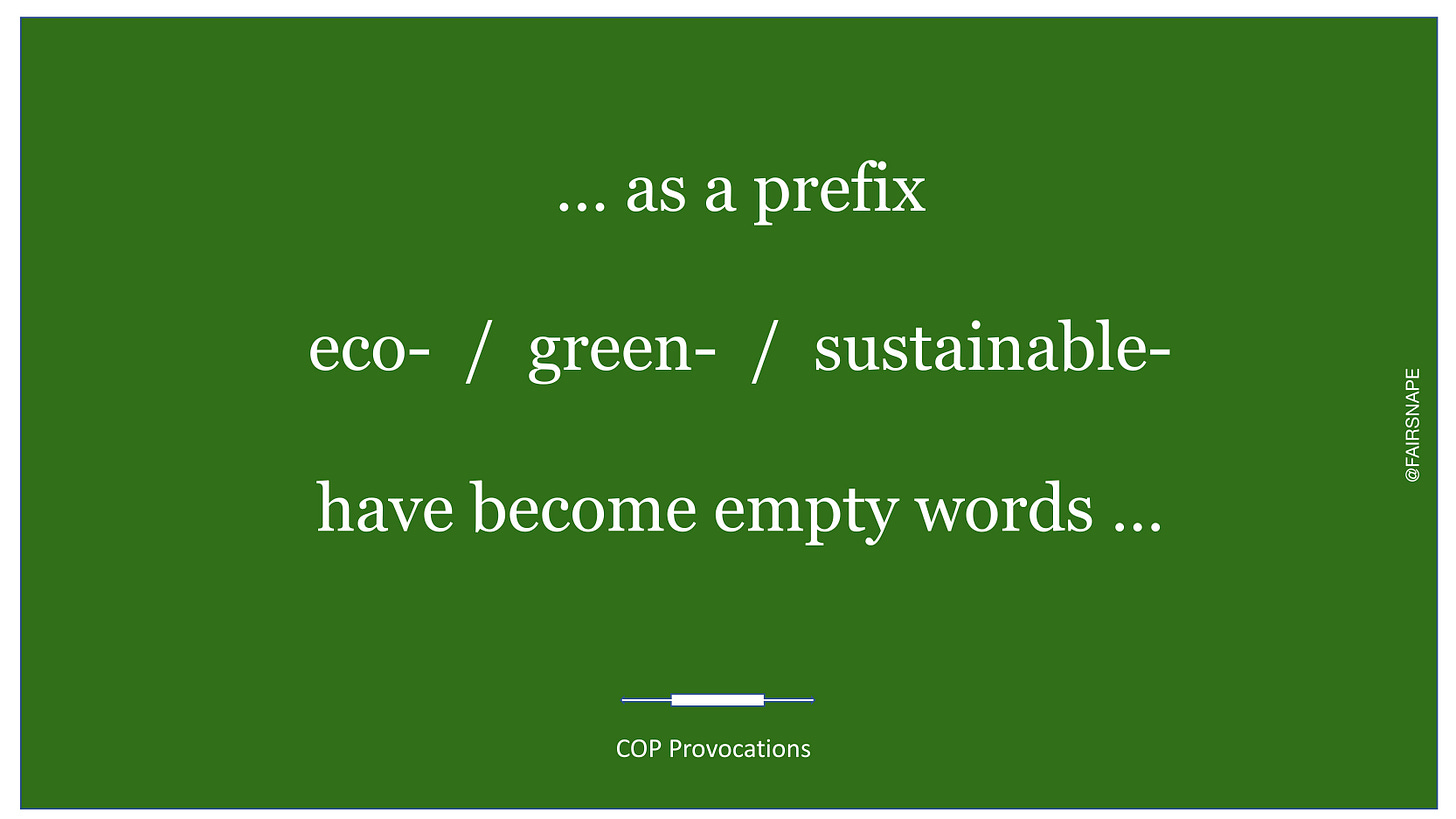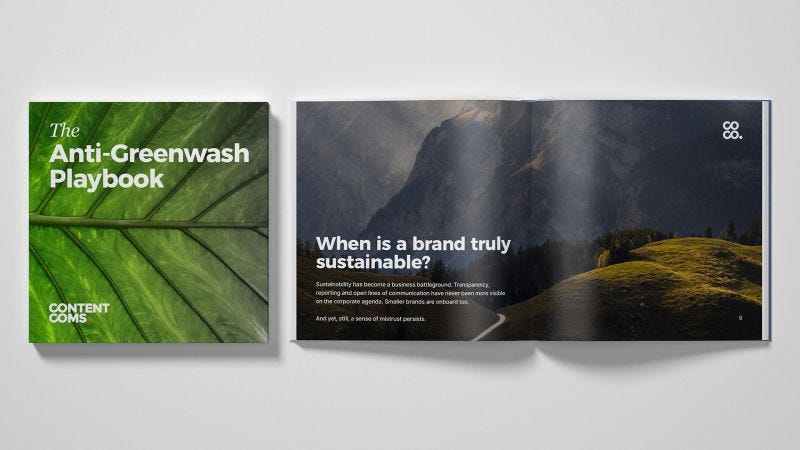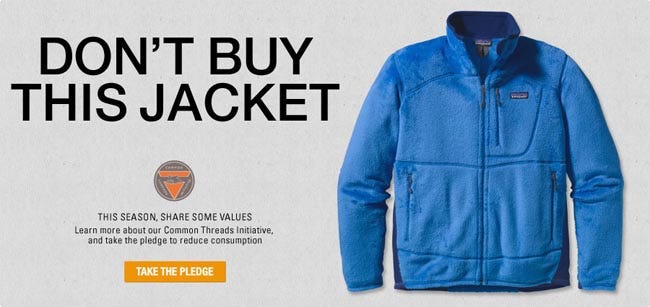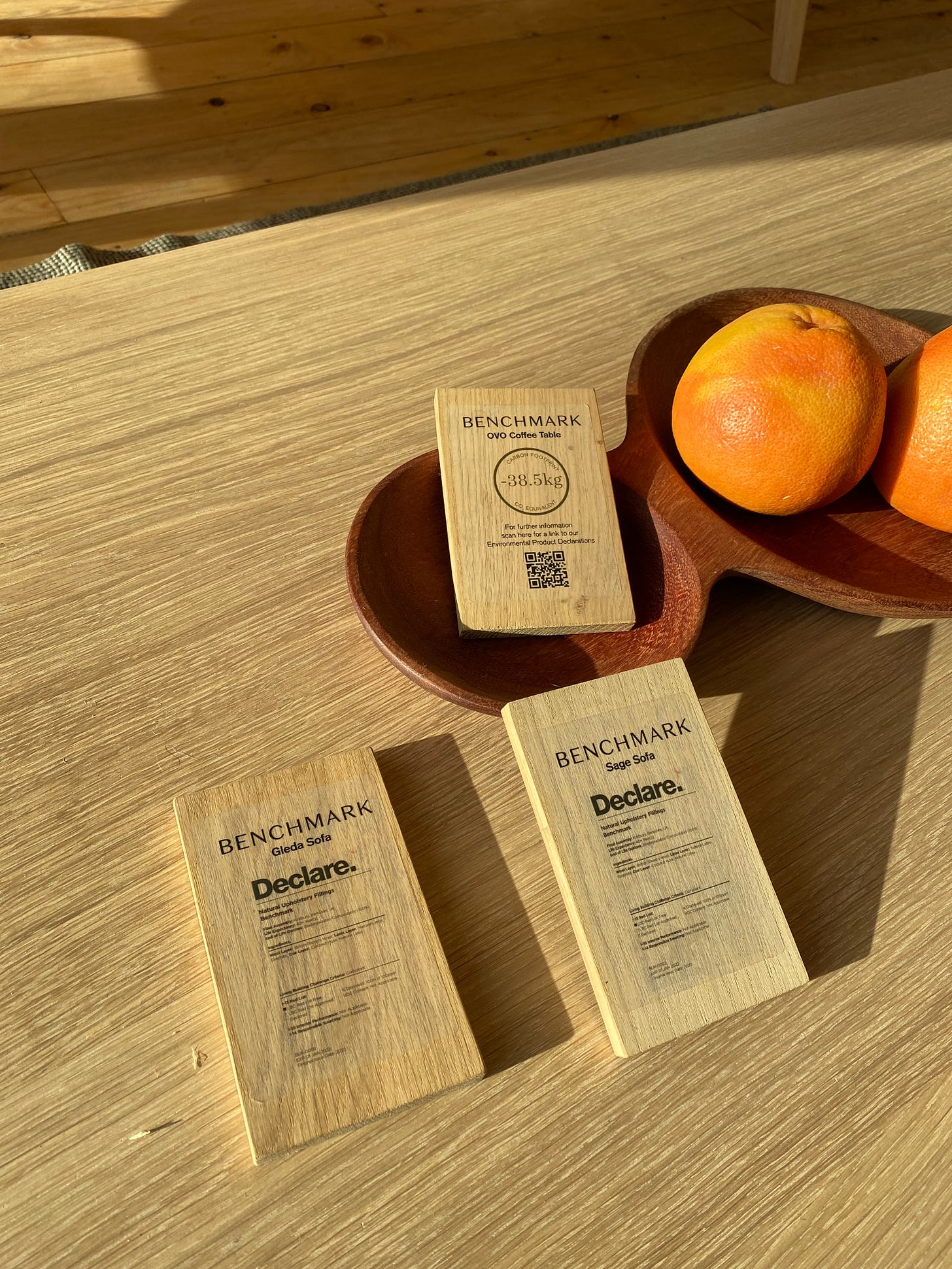Welcome to the latest edition of Regen Notes.
With news of Bulb, the UK renewable energy business collapsing, in part due to greenwashing campaigns that many (including those in government and sustainability positions) have been taken in by, this edition of Regen Notes has a greenwashing theme.
Bulb’s major strength was its marketing: it excelled at attracting new customers through lucrative referral payments and green energy claims and managed to secure willing investors by talking up its credentials as a tech startup.
But Bulb’s rivals have long claimed that the company’s business model, green credentials and fundraising were all unsustainable because it relied on greenwashing, and “too good to be true” energy prices to help fuel its rapid growth.
Too good to be true: the rapid rise and costly fall of Bulb Energy.
“Do you value the truth?” As we head deeper into the climate crisis and the age of misinformation, clarity, transparency and accountability in our marketing is more important than ever.
Launched just before COP26 and then again during our Living Future Europe COP Masterclass, the Anti-Greenwash Playbook from Joanna Watchman and the team at Content Comms is an important publication, for which I was honoured to be asked to write the forward.
Whilst annoying, greenwash has a very serious and worrying negative impact. Plastic packaging labels and adverts that scream ‘buy me, recycle me, it’s ok, honest’, somehow making it ok to buy more and more stuff. Yet, hidden behind the headline concerns of micro-plastics and sea-plastic waste is the emerging awareness that plastic production is the ‘Plan B’ of the fossil fuel industry, set to be a greater carbon polluter than the global coal industry by 2030.
And of course, these greenwash messages rarely tell us not to buy the item as our best route to reduce carbon and improve human and planetary health.
Transparency is key here … the transparency in the language we use. Have we in the climate sustainability arena created such a confusing array of terms and definitions that we have provided a mask for green-washers and green-wishers to hide behind?
Sadly, most of us lack the climate equivalent of quality, numeracy and financial awareness to evaluate greenwash and make informed choices. This makes the call for Climate and Ecological Literacy knowledge so vital … yet rarely seen in the array of proposed climate solutions.
Purpose not Promises. Read the Playbook and Anti Greenwash manifesto here

And this morning, Patagonia’s latest “let’s grow old together’ ad landed in my inbox, reminding me of their recent campaign to “buy less, demand more”. To use less stuff but to also demand to know more on the background of a product and service, how it is used and where it goes when we finish with it.
Through the ILFI Declare label we have been advocating for real transparency in built environment products and materials. We desperately need to get a handle on where are materials are coming from and the impact they have on the eco systems in which we live.
We have chosen to invest in the Declare label so that we can rise above the greenwash and enable our customers to make informed choices. Benchmark Furniture
Zoom Regenerative Number 40
And this leads nicely into a reminder for our last Zoom Regenerative session for 2021, on the the December 14th with Rachel Sheila Kan. when we “try on” the world of regenerative fashion. Join us.
Regen Notes
Regen Notes is a newsletter of regenerative news, stories and more, with a sideways focus on the built environment, curated by Martin Brown. It is a companion to our Zoom Regenerative activities and podcasts where we join the regenerative dots, share the themes and work that invigorates, inspires and feeds our curiosity.






